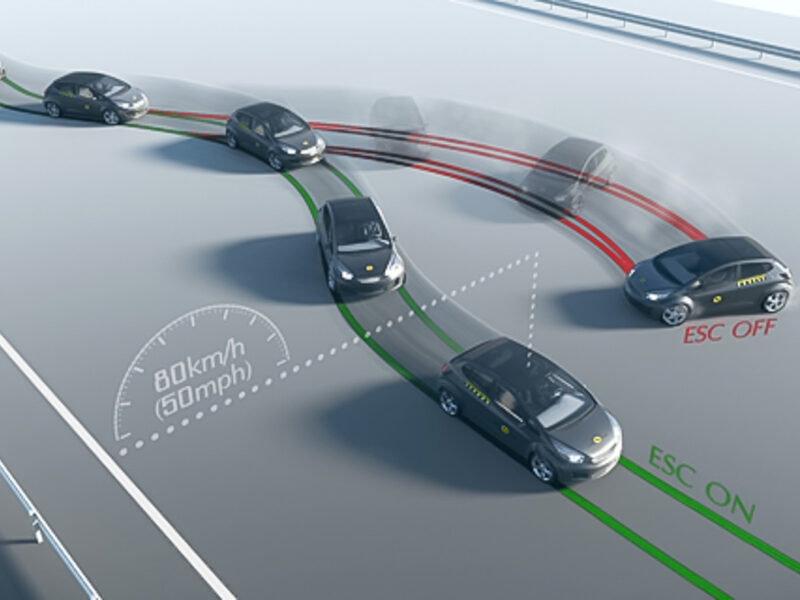Increasing Complexity of Modern Car Electronics
Modern vehicles are equipped with advanced electronics that control everything from the infotainment system to engine management and safety features. As cars become more sophisticated, the number of electronic systems has increased, making it crucial for owners to understand these components. While some electronic issues may be simple enough to handle at home, others might require professional expertise to ensure they’re resolved correctly and safely.
Diagnosing Simple Electronic Problems at Home
Not all electronic issues in your car necessitate a trip to the mechanic. For instance, problems like a dead car battery, a blown fuse, or a malfunctioning headlight can often be diagnosed and fixed at home with basic tools. Many car owners are comfortable using a multimeter to check battery voltage or locating and replacing a blown fuse. Additionally, referring to the car’s manual and following online tutorials can make troubleshooting these common issues feasible for the average individual.
When Professional Help Becomes Necessary
However, when it comes to more complex issues, such as malfunctioning sensors, trouble with the car’s computer system (ECU), or intermittent electrical failures, professional assistance is often advisable. These types of problems can be difficult to diagnose without specialized equipment and knowledge. Moreover, tampering with intricate electronic system without the right expertise could lead to further damage or even compromise the vehicle’s safety systems.
Importance of Specialized Diagnostic Tools
Professional mechanics have access to advanced diagnostic tools that are essential for troubleshooting complex electronic issues. These tools can provide detailed error codes, access real-time data from various sensors, and perform tests that are beyond the capabilities of basic home equipment. For example, an OBD-II scanner used by professionals can interface with the car’s onboard diagnostics, offering insights that a generic reader might miss.
The Balance Between DIY and Professional Repairs
Car owners should weigh the pros and cons of attempting to fix the electronic system on their own versus seeking professional help. While DIY repairs can save money and be fulfilling, it’s important to recognize one’s limitations. Simple tasks such as replacing a battery or a fuse can be safely done at home, but more serious issues like ECU malfunctions should be left to professionals.
Not all problems with a car’s electronics require professional help. Understanding the complexity of the issue and knowing when to seek professional assistance can save time, money, and potential frustration. By recognizing the limitations of DIY fixes and the benefits of professional expertise, car owners can make more informed decisions about maintaining their vehicles.


